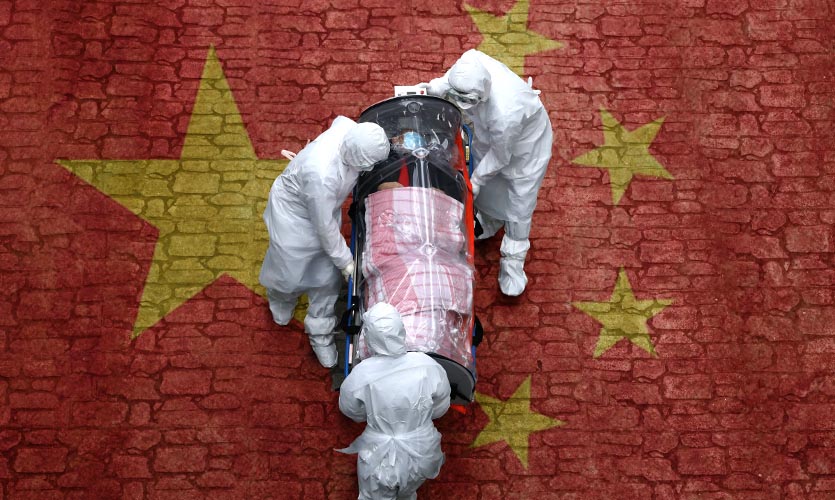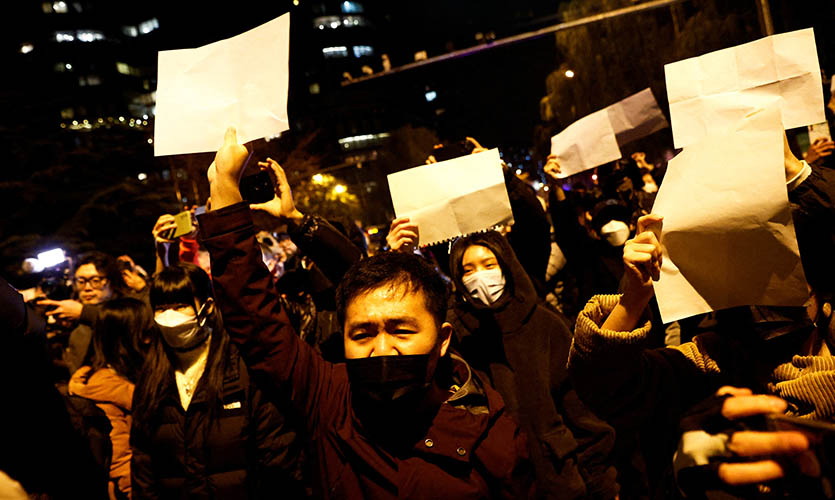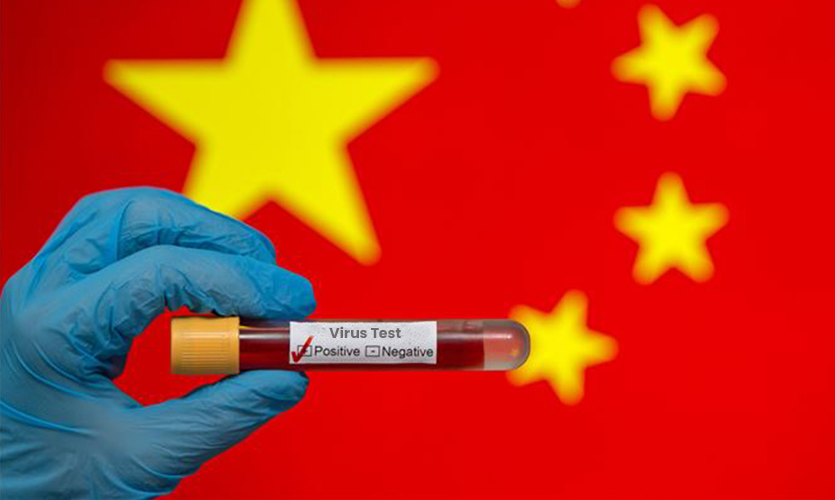As India unveiled its Covid-19 vaccination campaign in mid-January, the prospects for success seemed promising. India has decades of experience in immunizing pregnant women and babies in rural areas and can manufacture more shots than any other country in the world. The prime minister’s words of becoming self-reliant in terms of vaccine production and lending a helping hand to other countries reached every house in India.
However, just over three months later, the government’s policies seem to be falling into shambles, slowly weakening the impact of the pledged words. India has completely vaccinated lesser than 2% of the population, inoculation centers across the nation are running low on doses, and shipments have nearly ceased. India is setting daily records for new infections as the second wave overwhelms hospitals and crematoriums. Despite being home to the world’s largest vaccine producer, the country is now the primary hotspot of the pandemic.
Modi government’s reliance on technology to use mobile applications to track and trace infections as well as vaccination slots has made it hard for its poor and rural citizens to sign up. Moreover, the process seems to have especially failed to utilize India’s million-strong army of trained health workers – the Accredited Social Health Activists (ASHAs) – to reach the vast rural hinterlands, a strategy that made polio vaccination such a success in the country.
Several government officials have been expressing great pride in India’s ability to help itself and the world. On March 30, India’s health minister Dr. Harsh Vardhan went on to say that the country is in the endgame of the Covid pandemic. The minister continued with this stand even when the cases were on the rise. On April 3, Himanta Biswa Sharma, the health minister of Assam, announced the non-requirement of wearing facemasks with no Covid cases in the state. The daily count of new cases as of May 8 is 4,03,405 compared to 18,855 on January 28 when the Prime Minister told the World Economic Forum’s virtual Davos Summit that India would assist other countries with vaccines.
Around the time, the Serum Institute of India and other vaccine developers were warning about shortages and blaming the United States for lax measures. India started slowing vaccine deliveries and extended domestic immunizations to those aged 45 and above. Reduced export of vaccines surely hit the immunization plans of countries around the world, but life in India seemed normal with millions of pilgrims taking holy dips in the Ganga during the Kumbh Mela and with mass political rallies being held in five states before elections.
As the spread of the virus nearly doubled its count, the central government widened its focus from vaccinating the population above 45 years of age to vaccinating everyone above the age of 18, from May 1. The government also allowed the state governments and hospitals to procure vaccine doses directly from manufacturers for people aged 18 to 45 years. Earlier, the central government used to negotiate prices with manufacturers and distribute them to states.
Read more about how AstraZeneca served a legal notice to SII over vaccine delivery delays
According to a press statement issued by the health ministry, the new rules make “pricing, procurement, eligibility and administration of vaccines open and flexible”. Health experts and officials in opposition-controlled states have alleged that this plan does not directly address the pandemic, rather leaves it to the hands of the state governments to fend for themselves. Expanding the availability of shots might be inept given that India is running short on supply, with developers such as Serum claiming that the United States has been stockpiling materials and that new supplies may be months away.
Meanwhile, the health minister of Chhattisgarh, T.S. Singh Deo, has alleged that there was no discussion with state governments before asking to procure vaccines on their own and said that this move will severely dent the state’s finances. Punjab’s health minister, Balbir Singh Sidhu also said that there was no coordination or consultation on how the vaccination policy will work.
A Bloomberg report claims that state governments were told they would have to pay as much as three times what the central government pays. Following an outcry over the hikes, Bharat Biotech and Serum Institute slashed their prices. Maharashtra health minister Rajesh Tope announced that the state will spend Rs. 94 crores to inoculate its residents for free but cannot expand the program to all adults currently for lack of sufficient doses.
Vaccine manufacturers have told several states to expect the delivery of vaccines no sooner than mid-May, although those eligible can register for the shots from April 28. Russia’s Sputnik V has got the approval for emergency use and some imports may come in by May however, no details on quantities are available.










